Hi there! Just a heads up... This page is very old and out of date.
Students and teachers from all over the world are learning from audio and video programs on desktop computers, laptops, iPods, netbooks, and other devices. Hundreds of free educational programs are available online. Here are some examples: Grammar Girls Quick and Dirty Tips for Better Writing, English Idioms and Slang, Storynory: Free Audio Stories for Kids, MathGrad: Everyday Mathematics Explained, and First Amendment Minute.
Radio WillowWeb, Coulee Kids, and ColeyCast. With a PC or Mac and freely available software, it's fairly simple to create audio or video content, complete with introduction music and sound effects.
A podcast has a web feed (known as RSS) that allows it to be cataloged in various podcasting directories like iTunes and Podcast Pickle. The popular directory, Podcast Alley, has cataloged over 76,000 podcasts and over 5 million individual episodes. If you are interested in listening to the podcasts mentioned here, launch iTunes, click Store, and type the name into the search field.
In addition, the web feed allows podcatching software like iTunes to automatically download new episodes. Once you have found the podcast you want to subscribe to, simply click its Subscribe button. There's no need manually check a website to see if there's new content; iTunes does it for you. The episode will be downloaded and waiting for you to play. Play the episodes in iTunes on your Mac or PC. To listen or watch on a mobile device, connect a handheld to your computer and copy the file to the device.
There are three kinds of podcasts. Audio podcasts are usually an MP3 file and are the most common types of podcasts. Enhanced podcasts can have images to go along with the audio. They can also have chapter markers, making it easier to skip to different portions of an episode. Enhanced podcasts are an AAC file and are not supported by all devices. Video podcasts are movies, complete with sound. Video podcasts can be in a variety of formats, but MPEG-4 is the most popular and the only format that will play on iPod and iPad.
In most classrooms the teacher will find podcast episodes for students to listen to or watch. Sets of laptops, iPods, netbooks or other devices can be loaded with podcast episodes so students can use them at their desks, on field trips, in the library, or at home.
Creating podcasts has many educational benefits. Students are able to create a product to share with a potentially world-wide audience. Their podcast can be listed in iTunes, right along with podcasts from The Discovery Channel, Disney, and NPR. Knowing that there is a real-world audience gives students purpose and motivation to create a spectacular product. The process of putting together an audio recording is extremely valuable and is certainly a cross-curricular experience.
Teachers who would like to produce a single episode instead of a series were invited to participate in the Our City Podcast. Students from around the globe were invited to produce an episode all about their home towns. There are episodes from places like Omaha, NE, Killen, TX, and Philadelphia, PA. Our City's website has example scripts and segment outlines to help students and teachers with their episodes.
Remember, you don't need an iPod or handheld to be a part of podcasting–you can listen right from your web browser. Whatever personal device you may use to listen to podcasts, learning is certainly in hand!
A podcast is a series of audio or video on the web that can be cataloged and automatically downloaded.
Free Booklet!











Green Guardians offers free and premium lessons for K-5 students about environmental literacy.